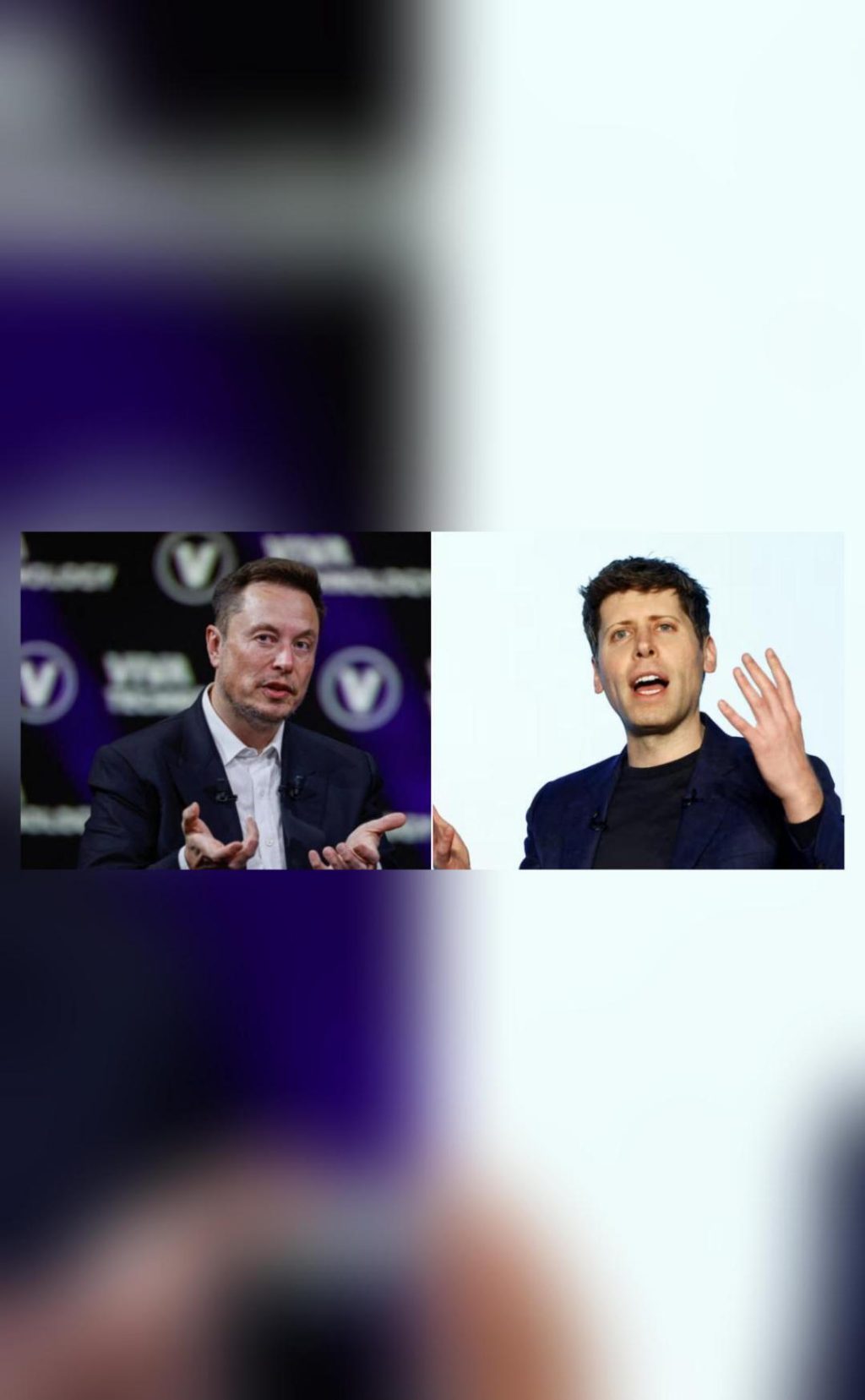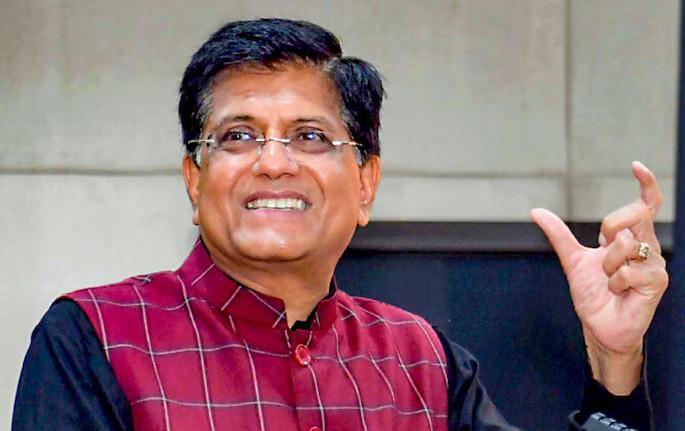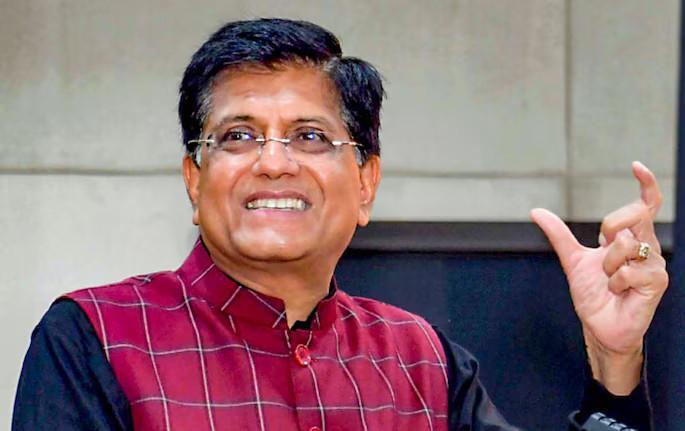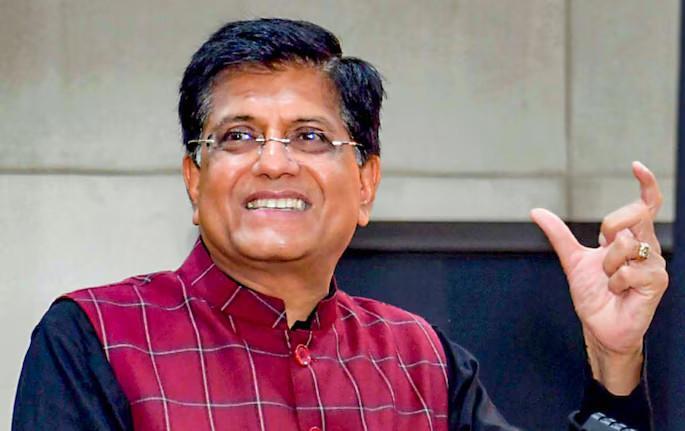
OpenAI & Elon Musk Agree to Fast-Track Trial Over For-Profit Model
In a recent development, Elon Musk and OpenAI have agreed to fast-track a trial regarding OpenAI’s transition to a for-profit model, as per a court filing. This move comes after a court earlier denied Musk’s request to pause OpenAI’s transition to the new model. The dispute between the two parties has been ongoing since last year, when Musk sued OpenAI and its CEO Sam Altman, accusing the company of straying from its original goal of creating AI for humanity’s benefit.
The lawsuit, filed in November 2024, alleged that OpenAI had deviated from its mission to create AI that is beneficial to humanity. Musk claimed that the company had become too focused on making profits, rather than prioritizing the well-being of humanity. OpenAI, on the other hand, argued that it had always been committed to its mission, but had to adapt to the changing landscape of the AI industry.
The controversy surrounding OpenAI’s transition to a for-profit model has been ongoing for several months. In December 2024, Musk requested a temporary restraining order to halt OpenAI’s transition, citing concerns that the move would harm the company’s mission and compromise its commitment to creating AI that benefits humanity. However, the court denied his request, allowing OpenAI to proceed with its plans.
Now, with the agreement to fast-track the trial, the dispute is likely to be resolved sooner rather than later. The trial is expected to focus on the issues surrounding OpenAI’s transition to a for-profit model, including whether the company has strayed from its original mission and whether its new business model is beneficial to humanity.
The dispute between Musk and OpenAI has sparked a heated debate about the role of AI in society and the potential risks and benefits of creating advanced AI systems. Some have argued that OpenAI’s transition to a for-profit model is a necessary step to ensure the company’s survival and growth, while others have expressed concerns that the move could compromise the company’s commitment to creating AI that benefits humanity.
In a statement, OpenAI said that it was “pleased to have reached an agreement with Elon Musk to fast-track the trial.” The company added that it was “confident that the trial will demonstrate that our transition to a for-profit model is in line with our mission to create AI that benefits humanity.”
Musk’s representatives did not comment on the agreement, but it is likely that the entrepreneur will continue to voice his concerns about OpenAI’s transition to a for-profit model. Despite the disagreement, it is clear that both parties are committed to resolving the dispute in a timely and efficient manner.
The outcome of the trial is likely to have significant implications for the AI industry as a whole. If OpenAI is found to have strayed from its original mission, it could set a precedent for other AI companies to prioritize profits over humanity’s benefit. On the other hand, if the court rules in OpenAI’s favor, it could pave the way for other AI companies to transition to for-profit models without fear of legal repercussions.
As the trial approaches, one thing is clear: the debate about the role of AI in society is far from over. With the fast-tracking of the trial, we can expect the dispute between Musk and OpenAI to be resolved sooner rather than later. But the bigger question remains: what does this mean for the future of AI and humanity?
Source:






